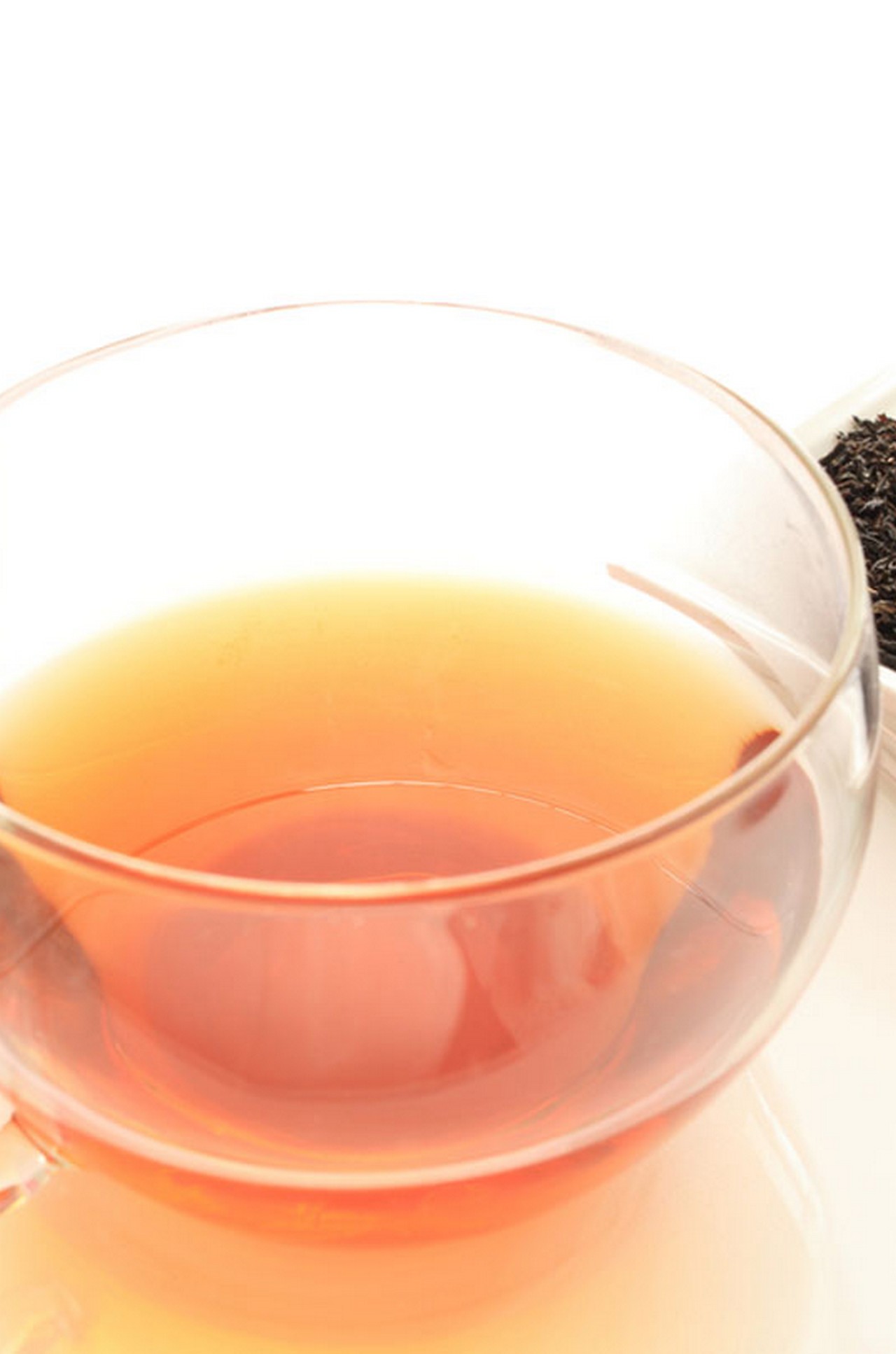
Urticaria, commonly known as hives, develops as an allergic reaction to changes in temperature, medications, food, insect bites, stress, or sunlight. In most cases, hives clear up on their own without any medical intervention. If the rashes itch too much for comfort, you can try some of the following home remedies for hives to speed up the process of healing. Scroll down to check them out!
In This Article
What Causes Hives?
Hives is a condition that causes the skin to develop itchy red patches. It is also known as urticaria. It may appear as tiny spots or large blotches on the surface of the skin. It usually occurs as an allergic reaction to certain substances, medication, or food. When the human body triggers an allergic reaction, it causes histaminei XA biologically active substance found in the tissues of the body that is released from white blood cells during allergic reactions. to be released, which results in the leakage of fluid into the skin’s layers. This makes the skin appear bumpy, red, and itchy.
Usually, hives resolve on their own. If your condition is chronic, you need to contact a doctor immediately and take the prescribed medication. However, mild cases of hives can be treated with the home remedies listed below.
Home Remedies For Hives
1. Aloe Vera
Shutterstock
Aloe vera possesses healing, soothing, and anti-inflammatory properties (1). These properties may help soothe the skin and promote faster healing.
You Will Need
Aloe vera gel
What You Have To Do
- Apply aloe vera gel to the hives.
- Leave it on overnight and rinse it in the morning.
How Often You Should Do This
Do this once every night until the itching subsides.
2. Coconut Oil
Coconut oil has anti-inflammatory and analgesic properties (2). Hence, it may help reduce skin irritation and itching caused by hives.
You Will Need
1 tablespoon coconut oil
What You Have To Do
- Apply coconut oil to the affected area.
- You can leave it on for about 20 minutes and wash it off with water.
How Often You Should Do This
Do this once a day.
3. Tea Tree Oil
Shutterstock
Tea tree oil exhibits strong antibacterial and anti-inflammatory properties (3). This may decrease the swelling caused by hives and also heal rashes.
You Will Need
- A few drops of tea tree oil
- 1 tablespoon of carrier oil (jojoba or sweet almond oil)
What You Have To Do
- Add a few drops of tea tree oil to jojoba oil or sweet almond oil.
- Heat the mixture slightly.
- Apply this warm mixture on the affected areas and massage gently.
How Often You Should Do This
Do this 1-2 times a day.
Note: Do a patch test before application as it may cause skin irritation.
Related: 31 Health Benefits Of Tea Tree Oil And Its Side Effects
4. Witch Hazel
Studies show that witch hazel contains bioactive compounds, like tannins and proanthocyanidins, that exhibit anti-inflammatory activities (4). This may help in soothing the rashes and reducing swelling in the affected area.
You Will Need
Witch hazel extract
What You Have To Do
- Dab a small amount of witch hazel extract on a cotton ball or Q-tip and apply it to the affected areas.
- Let it dry.
- Wash off with plain water.
How Often You Should Do This
Do this 2 times a day.
5. Baking Soda
Shutterstock
Baking soda baths were found to alleviate skin itching and irritation (5). Hence, baking soda may help in soothing the symptoms of hives.
You Will Need
- 1 tablespoon baking soda
- Water
What You Have To Do
- Prepare a thick paste with baking soda and water.
- Apply a coat of this paste on the affected area.
- Rinse thoroughly with water after 10 minutes.
How Often You Should Do This
Do this once a day.
Related: 20 Beauty Benefits Of Baking Soda You Must Know!
6. Turmeric
The curcumin in turmeric is effective in improving conditions like pruritusi XA skin condition that causes an irritating and uncomfortable sensation and leads to a desire to scratch. and psoriasis (6). Hence, it may help soothe the symptoms of hives.
You Will Need
- 1 teaspoon of turmeric powder
- Water (as needed)
What You Have To Do
- Prepare a fine paste of turmeric powder and water.
- Apply this paste to the hives and leave it on until it dries.
- Wash it off with lukewarm water.
How Often You Should Do This
Do this 2 times a day.
7. Epsom Salt
Shutterstock
Epsom salt baths help in relieving inflammation and soothing the skin (7). This may help relieve itching associated with hives.
You Will Need
- A tub of warm water
- 1-2 cups of Epsom salt
What You Have To Do
- Fill your bathtub with warm water.
- Add a few cups of Epsom salt to the water.
- Soak in the bath for about 15-20 minutes.
How Often You Should Do This
Do this once every day until the hives subside.
Related: 7 Benefits Of Epsom Salt, How It Works, And Side Effects
8. Supplements
Fish oil and vitamin D supplements may help in relieving the symptoms of hives.
Fish oil is rich in omega-3 fatty acids that exhibit anti-inflammatory properties (8). These properties may help soothe your symptoms.
Vitamin D supplements were found to help in the treatment and management of chronic cases of urticaria (9).
Caution: Please consult a doctor before consuming these supplements.
9. Green Tea
Shutterstock
Green tea is rich in polyphenols that have anti-inflammatory properties (10). Hence, it may help in reducing swelling in the affected area.
You Will Need
- Water
- Green tea leaves
What You Have To Do
- Steep some tea leaves in hot water.
- Add some honey to this decoction and consume it while warm.
How Often You Should Do This
Do this 2 times a day.
10. Ginger
Ginger is rich in bioactive compounds that impart analgesici XThe property of a substance formulated to reduce or relieve pain without causing loss of consciousness. Also called painkillers. and anti-inflammatory properties to it (11). These properties may help in reducing pain and inflammation in the affected area.
You Will Need
- 1 teaspoon of ginger juice
- 1 teaspoon of honey
What You Have To Do
- Extract ginger juice and add honey to it.
- Consume this mixture.
When You Need To Do This
Do this 2-3 times a day.
StyleCraze SaysApply a cold compress (ice cubes wrapped in a washcloth) to the itchy skin for a few minutes. Cold compress numbs the area and relieves itching and discomfort.
Make sure you try these home remedies after consulting your doctor. Listed below are some over-the-counter medications to treat hives.
Over-the-Counter Treatment Options
Medical treatment options for hives include:
- Calamine lotion
- Fexofenadine (Allegra)
- loratadine (Claritin)
- Cetirizine (Zyrtec)
These are commonly administered antihistamine medications that may combat allergic reactions that give rise to hives. Make sure to take these medications only if a doctor recommends it.
When To See Your Doctor
Most cases of urticaria are usually mild. In such cases, you may treat it at home. However, if your symptoms do not subside after a few days, consult a doctor. If you experience any trouble in breathing or feel a swelling develop in your throat, seek immediate medical help.
Here are some prevention tips that will help you.
Prevention Tips For Hives
Generally, hives occur as a reaction to a substance or food that you may be allergic to. You must avoid contact with all such substances and refrain from consuming any foods that may cause the release of histamine into your bloodstream.
Additionally, some people may develop hives when they step out in the sun. Make sure to limit exposure to sunlight by covering up or applying sunscreen.
StyleCraze SaysApply a fragrance-free moisturizer to keep skin hydrated. Dryness often aggravates itching and may cause new hives.
Hives, or urticaria as it is called in medical terms, are a response to allergens and appear as itchy and red patches on the skin. You may get hives from allergens in food, medications, chemical-based products, or natural substances that trigger the release of histamines in the bloodstream. The symptoms can resolve on their own, but if you want to facilitate and speed up the process, you may apply any of the home remedies for hives. Aloe vera, coconut oil, tea tree oil, witch hazel, green tea, ginger, turmeric, and Epsom salt are some of the readily available ingredients with natural properties that may soothe irritated and itchy skin from hives.


















